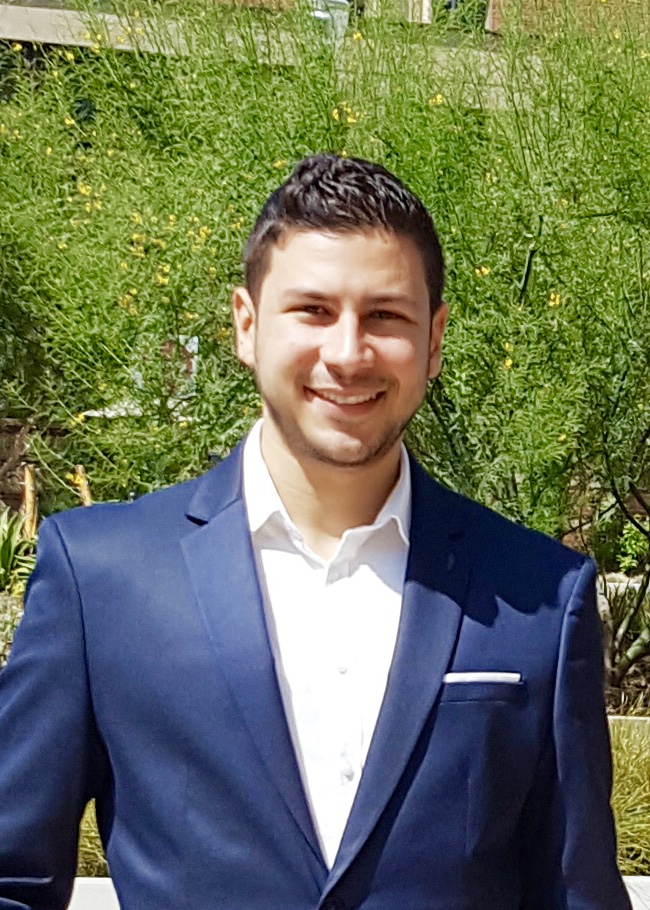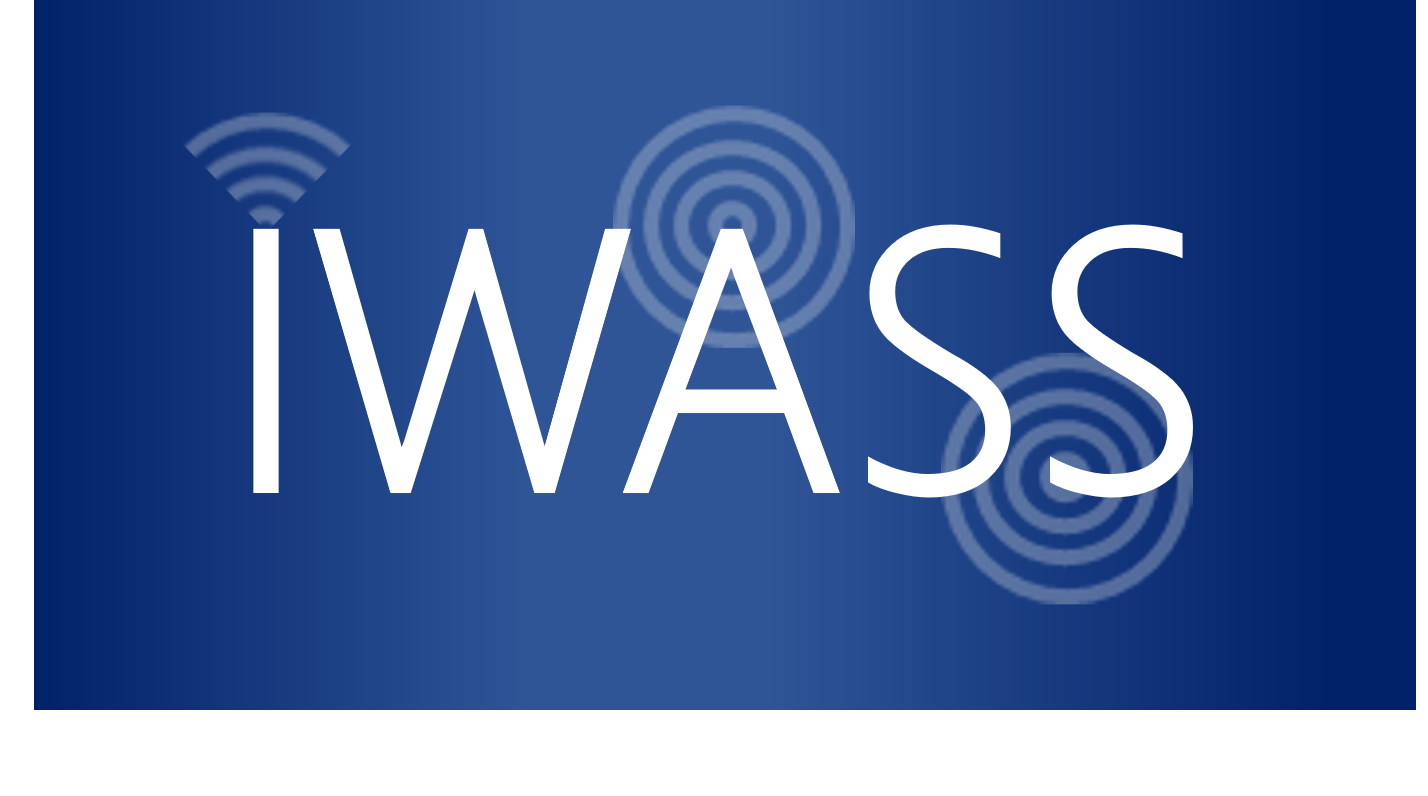Wadie Chalgham
/ |
Wadie Chalgham
Research Scientist Ph.D. University of California, Los Angeles M.S. University of California, Los Angeles M.S. University of Louisiana B.S. University of Louisiana |
Dr. Wadie Chalgham is a Research Scientist at the University of California, Los Angeles (UCLA). He is conducting research at UCLA’s B. John Garrick Institute for the Risk Sciences where he is the lead developer of the Pipeline Health Monitoring and Management project where the predictive physics of failure and system-level pipeline health monitoring and assessment models will be implemented.
Dr. Chalgham obtained his B.S. and his M.S. in Petroleum Engineering with a 4.0 GPA in both degrees. In addition, he has another M.S. and a Ph.D. in Mechanical and Aerospace Engineering with a specialization in Design, Robotics, and Manufacturing from UCLA.
Moreover, he was featured in “Top 10 Professors at UCLA” when he was teaching in the department of French and Francophone Studies at UCLA.
Furthermore, he holds 4 patents and recently published a US patent about a device and method for detecting leaks and healing pipelines.
Dr. Chalgham’s work has gained other recognitions, including winning the Audience Choice Award at UCLA's 2020 prestigious Grad Slam competition on March 5th at the California Nano-Systems Institute (CNSI). Grad Slam is a UC- wide competition that showcases and awards the best research presentations by graduate students from all departments. His presentation was on “Smart Pipeline Leak Detection and Response System.”
Also, he is the Best Paper Competition winner of the 2020 ASME SERAD (Safety Engineering, Risk and Reliability Analysis Division) Student Safety Innovation Challenge Contest for the paper: ``Sensor Placement Optimization based on Dynamic Bayesian Network Corrosion Prediction Model.” The paper offers a novel approach for identifying optimal sensor network layout to help oil and gas pipeline operators make risk-informed decisions to enhance pipeline system integrity management through optimal mitigation actions.
His research publications can be found here.


